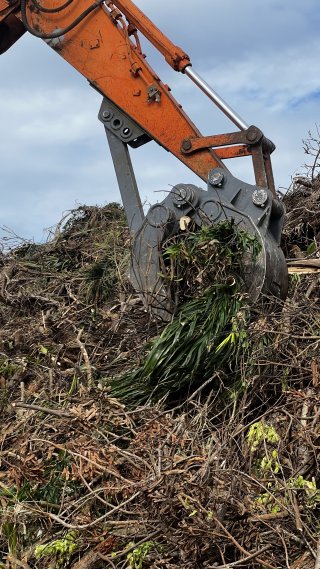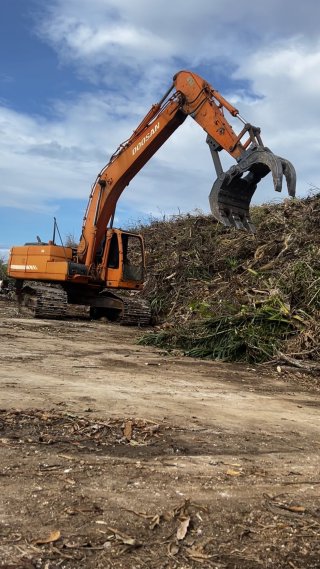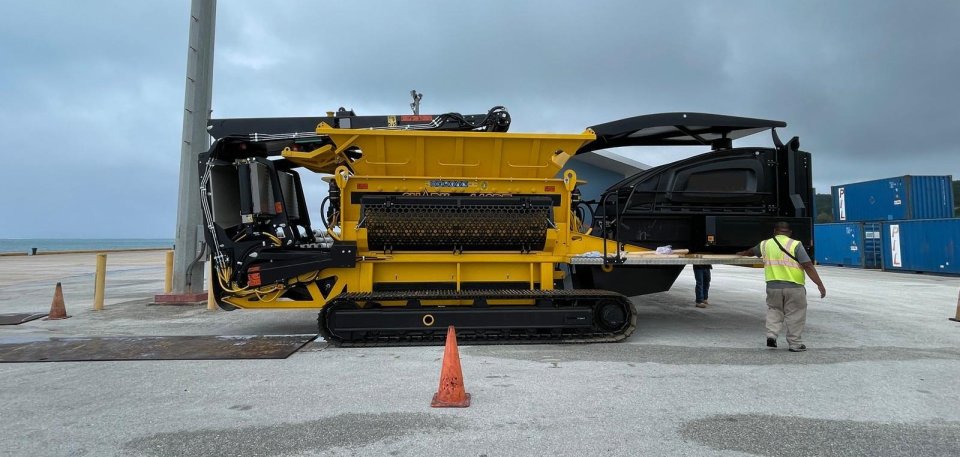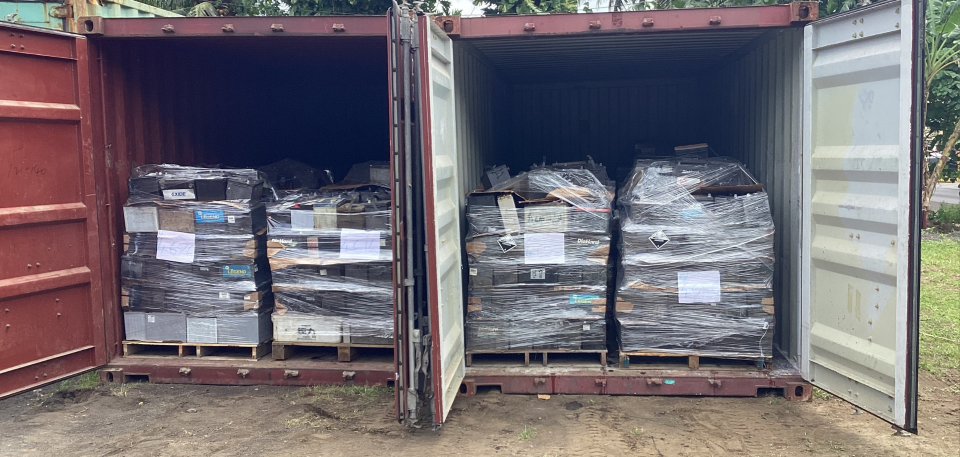EPA Celebrates Pacific Islands Zero Waste and Resilience Accomplishments
Guam, the CNMI and American Samoa Made Significant Progress
HONOLULU – As the U.S. Environmental Protection Agency (EPA) celebrated America Recycles Day and released the National Strategy to Prevent Plastic Pollution, EPA’s partners in the Pacific Islands continued to make significant progress in reducing waste and advancing disaster resilience.
“EPA is proud to recognize zero waste and resilience achievements in American Samoa, the Northern Mariana Islands and Guam. The Pacific Islands continue to develop innovative, community-centered models to protect the environment,” said EPA Pacific Southwest Regional Administrator Martha Guzman. “Local programs across the Pacific Islands are preventing plastic pollution and reducing waste in landfills, waterways and the ocean while lowering methane emissions, a potent greenhouse gas warming the earth.”
Guam: For America Recycles Day last month, Guam announced it had composted a record-breaking 146,798 tons of green waste and food scraps in 2023, including large quantities of green waste segregated after Typhoon Mawar. Guam also launched the EPA grant-funded “Composting in Every Village” program to provide training sessions, reduce residential food and yard waste and produce fresh local food.
“Despite the global challenges, our island community remains steadfast in our commitment to sustain our island’s recycling efforts and support regenerative models of materials management through zero waste and circular economies,” said Governor Lourdes A. Leon Guerrero. “With a reported recycling rate of over 60%, Guam has proven that recycling played a crucial role in Guam’s disaster management and recovery, contributing to both environmental sustainability and community resilience even after the destruction we sustained from a Category 4 storm we endured through Typhoon Mawar.”


Figure 1: Heavy machinery manages record-breaking volumes of green waste in Guam
The Commonwealth of the Northern Mariana Islands (CNMI): The Governor’s Office recently hosted a CNMI Solid Waste and Recycling Week ceremony, and Tinian hosted an America Recycles Day educational event and parade. The CNMI also purchased multi-shredder equipment to better manage bulky typhoon-related debris at the Marpi Landfill and is developing a Comprehensive Integrated Solid Waste Management Plan with community input.
"The natural beauty of our islands is a precious and limited resource, and it is everyone's duty to keep our islands clean for future generations. The CNMI remains committed to reducing and refusing waste, reusing resources, and recycling responsibly," said Governor of the Commonwealth of the Northern Mariana Islands (CNMI) Arnold I. Palacios.

Figure 2: the multi-shredder arriving in Saipan in 2024
American Samoa: American Samoa enacted an enforceable Polystyrene Foam Container Ban restricting the import and distribution of polystyrene food containers. Fifty-six villages collected and removed 13,215 pounds of litter in 2024 as Vailoa Village earned the $10,000 top prize in the Village Beautification Competition and 362,075 pounds of lead acid auto batteries were recycled since April 2023. American Samoa EPA also organized a tour of the UNICOR Terminal Island Electronics Recycling Center, a certified electronics recycler in California, to support safe American Samoa electronic waste recycling.
"Through effective policy making and collective action of the community, American Samoa is making significant strides towards environmental sustainability - from banning hard-to-manage products to promoting cleanup and recycling for a cleaner future for the island territory," said Fa‘amamata Meredith, Solid Waste Branch Manager, American Samoa Environmental Protection Agency.

Figure 3: Loaded pallets of lead-acid batteries in American Samoa ready for off-island recycling
EPA offers recycling and food waste prevention grants and many free, online resources, including:
- Managing and Transforming Waste Streams: A Tool for Communities.
- Recycle City (for students)
- Model Recycling Toolkit.
- Composting Food Scraps in Your Community: A Social Marketing Toolkit.
- Wasted Food Scale: Updated Recommendations.
- Creating Messages that Drive Behavior Change.
Visit the EPA recycling webpage to learn more ways to reduce, reuse and recycle.
Learn more about EPA’s Pacific Southwest Region. Connect with us on Instagram, Facebook and X.
